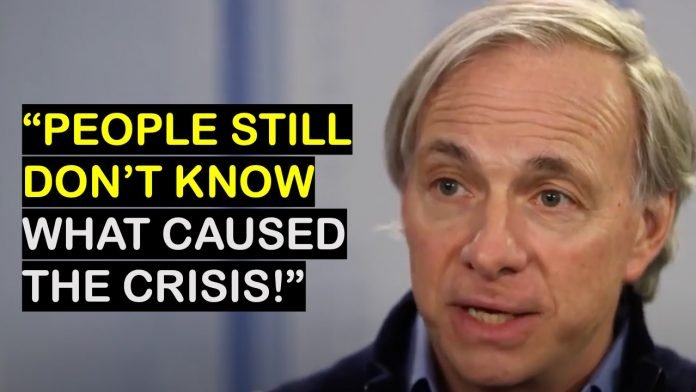
The financial crisis of 2008, or Global Financial Crisis, was a severe worldwide economic crisis that occurred in the early 21st century.
It was the most serious financial crisis since the Great Depression (1929).
Predatory lending targeting low-income homebuyers,[1] excessive risk-taking by global financial institutions, and the bursting of the United States housing bubble culminated in a “perfect storm.”
Mortgage-backed securities (MBS) tied to American real estate, as well as a vast web of derivatives linked to those MBS, collapsed in value.
Financial institutions worldwide suffered severe damage, reaching a climax with the bankruptcy of Lehman Brothers on September 15, 2008, and a subsequent international banking crisis.
After the onset of the crisis, governments deployed massive bail-outs of financial institutions and other palliative monetary and fiscal policies to prevent a collapse of the global financial system.
The crisis sparked the Great Recession which resulted in increases in unemployment and suicide and decreases in institutional trust and fertility, among other metrics. The recession was a significant precondition for the European debt crisis.
In this video, Ray Dalio talks about why Bridgewater Associates could survive the 2008 crisis. He suggests that people should have a clear understanding of deleveraging.
Source: Finance Jane.



